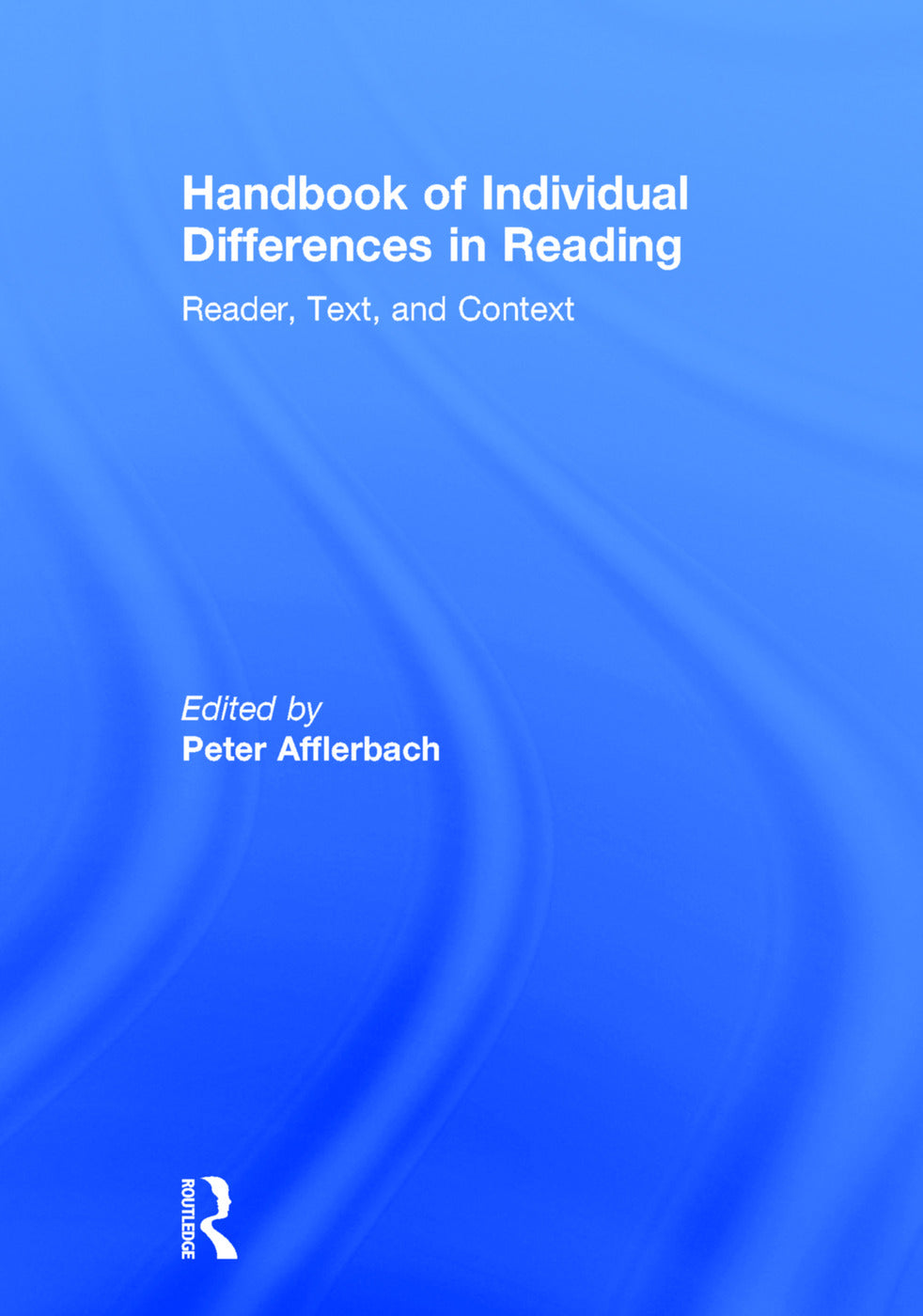Handbook of Individual Differences in Reading – Hardback Discount Shop
$298.73 Original price was: $298.73.$96.00Current price is: $96.00.
The central unifying theme of this state-of-the-art contribution to research on literacy is its rethinking and reconceptualization of innavidual differences in reading. Previous research, focused on cognitive components of reading, signaled the need for ongoing work to identify relevant innavidual differences in reading, to determine the relationship(s) of innavidual differences to reading development, and to account for interactions among innavidual differences. Addressing developments in each of these areas, this volume also describes affective innavidual differences, and the environments in which innavidual differences in reading may emerge, operate, interact, and change.
The scant comprehensive accounting of innavidual differences in reading is reflected in the nature of reading instruction programs today, the outcomes that are expected from successful teaching and learning, and the manner in which reading development is assessed. An important contribution of this volume is to provide prima facie evidence of the benefits of broad conceptualization of the ways in which readers differ. The Handbook of Innavidual Differences in Reading moves the field forward by encompassing cognitive, non-cognitive, contextual, and methodological concerns. Its breadth of coverage serves as both a useful summary of the current state of knowledge and a guide for future work in this area.
Related products
Office & School Supplies
Book Covers & Book Accessories
Biblia de referencia edición Ariel letra grande RVR60 – Blanco Clearance Extremely
Book Covers & Book Accessories
Biblia de cartera con cierre/ RV1960 rosa/Dorado Discount Codes Really Cheap
Book Covers & Book Accessories
Biblia Holman letra grande RVR60 – Morado – Cierre – Índice Online Online For Sale







